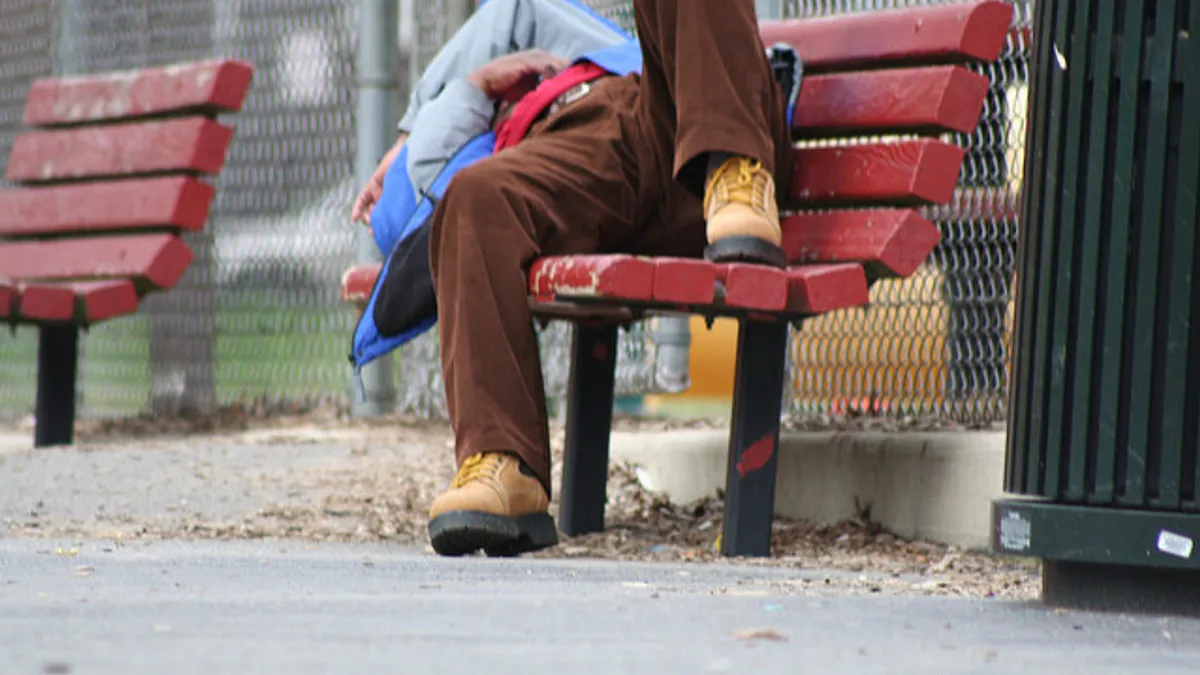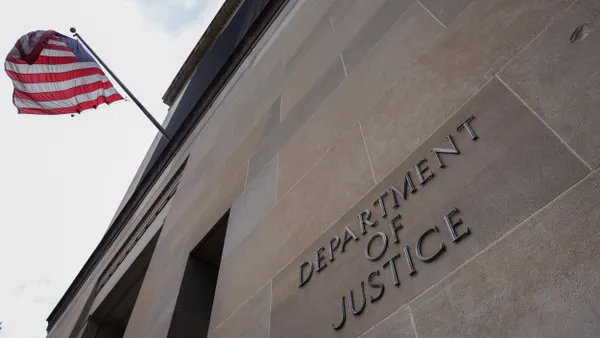UPDATED, Dec. 17, 2019: The United States Supreme Court (SCOTUS) on Monday refused to hear an appeal to the case of Martin v. City of Boise, which challenged the City of Boise's ability to enforce anti-vagrancy ordinances. The decision follows an April decision from the 9th Circuit Court of Appeals which ruled that cities cannot arrest homeless people for sleeping on sidewalks or in parks if the city does not provide alternative shelter.
In its appeal to SCOTUS, the City of Boise argued that the 9th Circuit's decision creates "a de facto constitutional right" and will "cripple the ability" for cities across the 9th Circuit to address health- and safety-related issues surrounding homeless encampments. (The 9th Circuit includes Alaska, Arizona, California, Hawaii, Idaho, Montana, Nevada, Oregon, Washington and Guam.)
In an interview with Long Beach Post News, Long Beach City Prosecutor Doug Haubert echoed these concerns, saying the decisions will leave cities confused on how to address homelessness. He told the Post News that cities in the 9th Circuit will likely "take a hands-off approach [to homelessness] because they are concerned about being sued," which could exacerbate the problem.
City leaders outside of the 9th Circuit have mixed opinions. Honolulu Housing Director Marc Alexander said that the city will continue to "sweep" homeless populations out of parks and sidewalks regardless of the SCOTUS action, while Austin, TX Mayor Steve Adler said in a statement to KUT that SCOTUS' refusal to hear the case "supports the City's focus on housing vulnerable people rather than criminalizing their activity."
The case will now return to the 9th Circuit.
Dive Brief:
- A federal court ruled last week it will not review a decision that cities cannot arrest people for sleeping on public property unless they have provided adequate shelter. The case, Martin v. City of Boise, was before the 9th Circuit Court of Appeals. The ruling could still be taken up the U.S. Supreme Court.
- The ruling means cities cannot enforce anti-vagrancy or similar laws designed to clear the streets of the homeless, but it also can’t force them to build new shelters to house the homeless. The court ruled that punishing the homeless who have nowhere else to sleep is a violation of the Eighth Amendment, which bans cruel and unusual punishment.
- "Criminally punishing homeless people for sleeping on the street when they have nowhere else to go is inhumane, and we applaud the Court for ruling that it is also unconstitutional," Maria Foscarinis, executive director at the National Law Center on Homelessness & Poverty, said in a statement. "It’s time for Boise to stop trying to hide its homelessness problem with unconstitutional ordinances, and start proposing real solutions."
Dive Insight:
The likes of the American Civil Liberties Union (ACLU) have come out hard against anti-homelessness laws in cities nationwide. The organization derided laws encouraging homeless people in Houston to go to shelters — which are often full — as rules that "are ineffective, waste limited public resources, violate basic human and constitutional rights, and strip homeless Houstonians of their dignity.” In an interview with Curbed, Eve Garrow, a homelessness policy analyst at the ACLU, said the organization plans to start an education campaign making sure cities are aware of the ruling and how they can ensure they are not in violation.
Battling homelessness remains an issue for cities, with the likes of Chicago and Los Angeles looking to invest more money and try new initiatives to get the problem under control. But that comes in the face of warnings from the U.S. Department of Housing and Urban Development (HUD) that homelessness ticked up in 2018. It continues to be a concern as municipalities look to take a holistic approach and use what is known as a services-based system to help those that are experiencing homelessness, while the likes of Kaiser Permanente have pledged money of their own to help out.
This ruling should make city leaders think twice about passing or enforcing anti-vagrancy laws, and instead consider how they take care of their homeless population, both in providing shelter and services that can help them get on their feet and into permanent housing. Cities have already taken steps to be in compliance and not criminalize homelessness, including the city of Modesto, CA, which has a park dedicated to housing the homeless.













